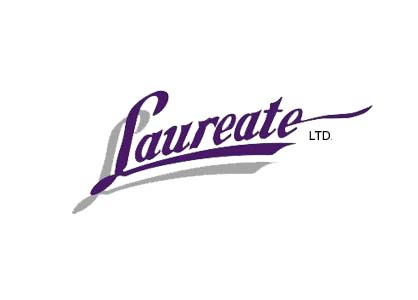Your greatest enemy as a landlord is damage to your property investment.
All landlords go to great lengths to ensure that they get good tenants in their units. With great tenant screening practices, you can narrow the tenant pool down to the very best options. Even still, you need to keep tabs on your rental as best you can to make sure there's no damage.
The best way to do this is to conduct rental property inspections regularly. In today's post, we're going to tell you how often you should inspect your rental property and what to look for when you do. Keep reading, and we'll help you protect your property for the long haul.
The Role of Rental Property Inspections
Rental property inspections come in two forms. First, and most importantly, there are the move-in/move-out inspections that you conduct at the beginning and end of a tenancy.
You perform these to determine whether or not any new damage has been caused over the course of a tenancy. Walk through the property with the new tenant and a rental property inspection checklist and make note of any damage, then again at the end of the tenancy.
When conducting move-in/move-out inspections, it's important to know the difference between regular wear and tear and property damage. If you find new damage, you'll either have your tenant fix it or repair it and keep your tenant's damage deposit.
The other type of inspection is one you conduct during a tenancy. It's good to do this on a semi-regular basis, whether you suspect your tenant is causing property damage, keeping an unauthorized pet, or conducting illegal activities.
Rental Property Inspection Timeline
While it's important to conduct regular inspections, you need to adhere to Colorado's rental property inspection laws. You can't enter the rental property without giving your tenant at least 24 hours of notice first.
Although you're legally allowed to inspect your property as much as you want, show some restraint. Unless it's clear that your tenant is breaking the lease agreement, you don't want to risk invading the tenant's privacy.
If a tenant thinks you're being overbearing, they can report you to Denver's housing authority. This can take a serious toll on your reputation as a landlord.
Landlord Duties
You shouldn't only inspect your property under the pretext of a lease violation. Part of your landlord duties is to maintain your rental unit for your tenants. Your tenant may even request that you inspect the unit for damage.
Rental property maintenance is one of the most time-consuming aspects of being a landlord. If you don't keep your rentals in good shape, you'll have trouble keeping good tenants around. Vacancies will take a major toll on your ability to make money with your property investment.
Protect Your Rental Property
Rental property inspections are the best way to protect your rental units, not just from poor tenants, but from wear and tear. If you're finding your landlord duties too overwhelming, however, it might be time to look into property management.
Laureate Ltd. is one of Denver's top property managers. We can help you with everything from tenant screening to property maintenance, so contact us today to hear more about our services.



